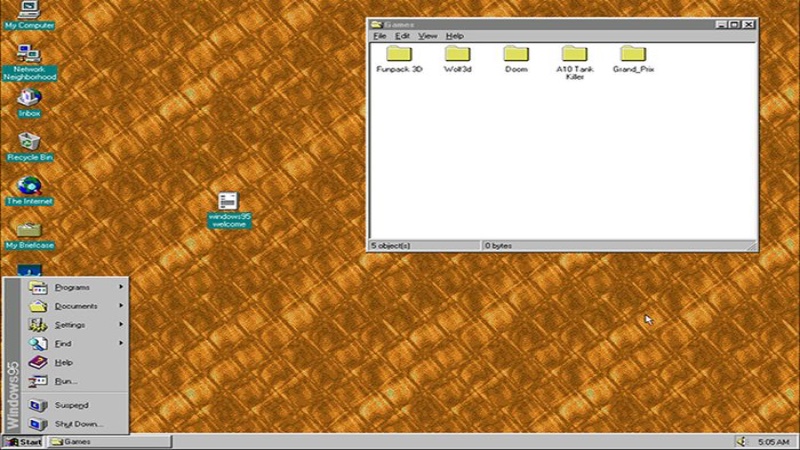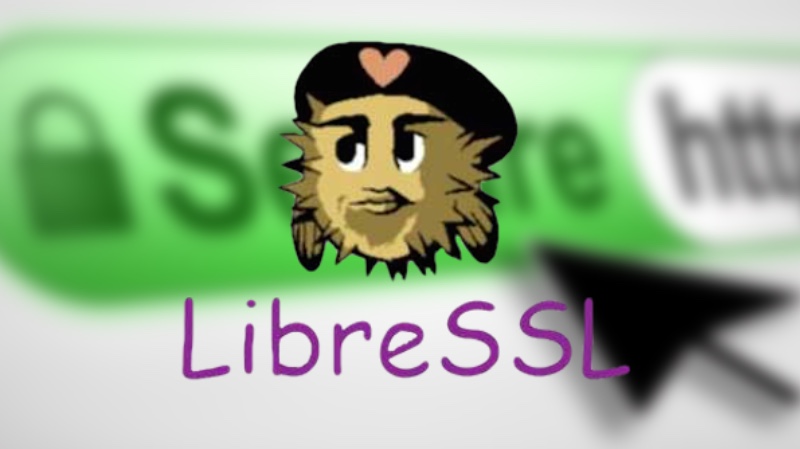Windows 95 written in JavaScript can run on multiple platforms

According to cnBeta, slack developer Felix rieseberg released Windows 95 as an electron application two years ago, which is written entirely in JavaScript. In the subsequent continuous update, it can run classic games such as “destroyer”. Now he’s rolling out a new version of Windows 95 electron that will run on windows, Mac OS and Linux.
Hard core Lao Wang comments: the omnipotent JavaScript actually reproduced the classic operating system of that year.
libresl is difficult to replace OpenSSL

According to solidot, the industry has been shaken by flaws in SSL infrastructure software. This led the CII and Linux foundation to fund the development of key components. The OpenBSD project created libresl, the branch of OpenSSL. This branch has been used and actively developed by OpenBSD distribution since then. However, the Linux world doesn’t buy it. OpenSSL is supported to a greater extent, which makes the OpenSSL project solve many of its long-term problems and make it more secure and stable.
As a result, very few Linux distributions migrate to libresl. Alpine and Gentoo distributions are trying to provide libresl, and alpine will soon return to OpenSSL; Gentoo’s support for libresl will end in February this year. Gentoo developers point out that libresl does not offer much benefit compared with OpenSSL, but increases the cost.
Hard core Lao Wang commented: this result is staggering. The incomplete and old software can actually be reborn, surpassing the new successors. It can be seen how much software inertia is.
US regulators consider allowing federal chartered banks to issue and promote stable currency

According to cnBeta, the office of the Comptroller of currency said in an explanatory letter that federal chartered banks and savings associations could consider using public blockchain and stable currency to carry out settlement business. This means that as long as existing laws are followed, banks can choose to use the public blockchain for verification, storage, recording and settlement. Or run your own encryption node and use the associated stable currency for licensed payment activities.
Hard core Lao Wang comments: it seems that the U.S. banking industry can not sit still.
Similar Posts:
- Git pull does not specify an error message for the branch
- C++ Error: passing ” “as” ” discards qualifiers
- [Solved] brew update Error: “fatal: Could not resolve HEAD to a revision”
- [Solved] JVM Error: Failed to write core dump. Core dumps have been disabled.(jar was Forced to Exit)
- error: Cannot delete branch ‘xxx’ checked out at ‘xxxx’
- Installing Google Chrome in Ubuntu 14.04 LTS
- Your configuration specifies to merge with the ref ‘refs/heads/v.autoCheckProduct.20190325…
- Rust encountered error[E0554]: `#![feature]` may not be used on the stable release channel (switch nightly version)
- IDEA Could Not pull Codes to Local Error: Can’t Update No tracked branch configured for branch master or the branch doesn’t exist.
- [Solved] ERR:/usr/local/lib/libcrypto.so.1.0.0: no version information available
